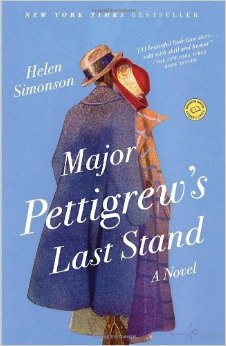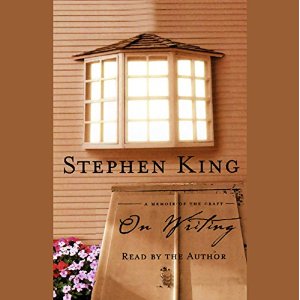I’m new to the novels of Mhairi McFarlane and am definitely captivated. Speaking as a lifelong, voracious reader, what makes McFarlane’s novels stand out are that they not only fulfill my wish for uplifting reads, but also, and quite impressively, they pair a feel-good, laugh-out-loud romantic comedy vibe with an exploration of some very complex and painful issues. Sounds like a difficult feat to pull off, right?
It is, but Mhairi McFarlane does it beautifully and believably. After all, I cannot imagine any real-life happily ever after being attainable without facing some pretty tough and unpleasant truths about ourselves, others, and the choices we make.
Mhairi McFarlane brings her protagonists to a state of deep realization and wish for change, and in so doing, brings them to a well-earned happiness. Sort of like what I get from reading my favorite uplifting, self-revelatory author, Jane Austen. It’s all relatable and resonant. And hugely entertaining.
Can’t wait to read the next one!
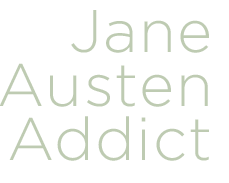

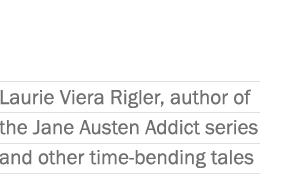



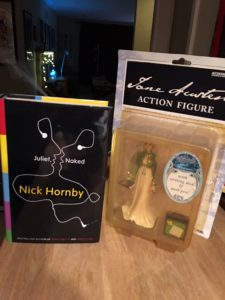
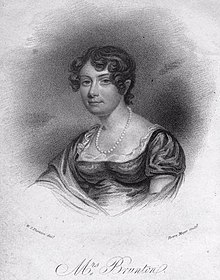 in fact, it seems to have become the accepted critical opinion, so much so that Brunton tends to be accused of faults she did not even have. Before I read Self-Control (1811) and Discipline(1814), I therefore assumed the novels were over-the-top in a wildly sentimental, Gothic fashion. (Several academic texts and reference works I’ve since looked at operate under the same illusion, which is making me wonder whether most academics actually read the books they write about.) I really should have paid more attention to the titles – whoever would give a sentimental potboiler such a forbidding title as Self-Control?
in fact, it seems to have become the accepted critical opinion, so much so that Brunton tends to be accused of faults she did not even have. Before I read Self-Control (1811) and Discipline(1814), I therefore assumed the novels were over-the-top in a wildly sentimental, Gothic fashion. (Several academic texts and reference works I’ve since looked at operate under the same illusion, which is making me wonder whether most academics actually read the books they write about.) I really should have paid more attention to the titles – whoever would give a sentimental potboiler such a forbidding title as Self-Control? 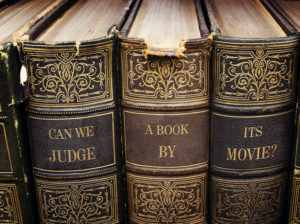
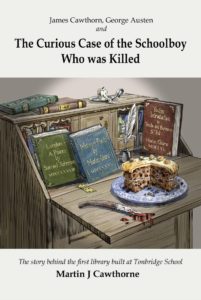 Jane Austen’s father, George Austen has many connections to the city of Bath.
Jane Austen’s father, George Austen has many connections to the city of Bath.
